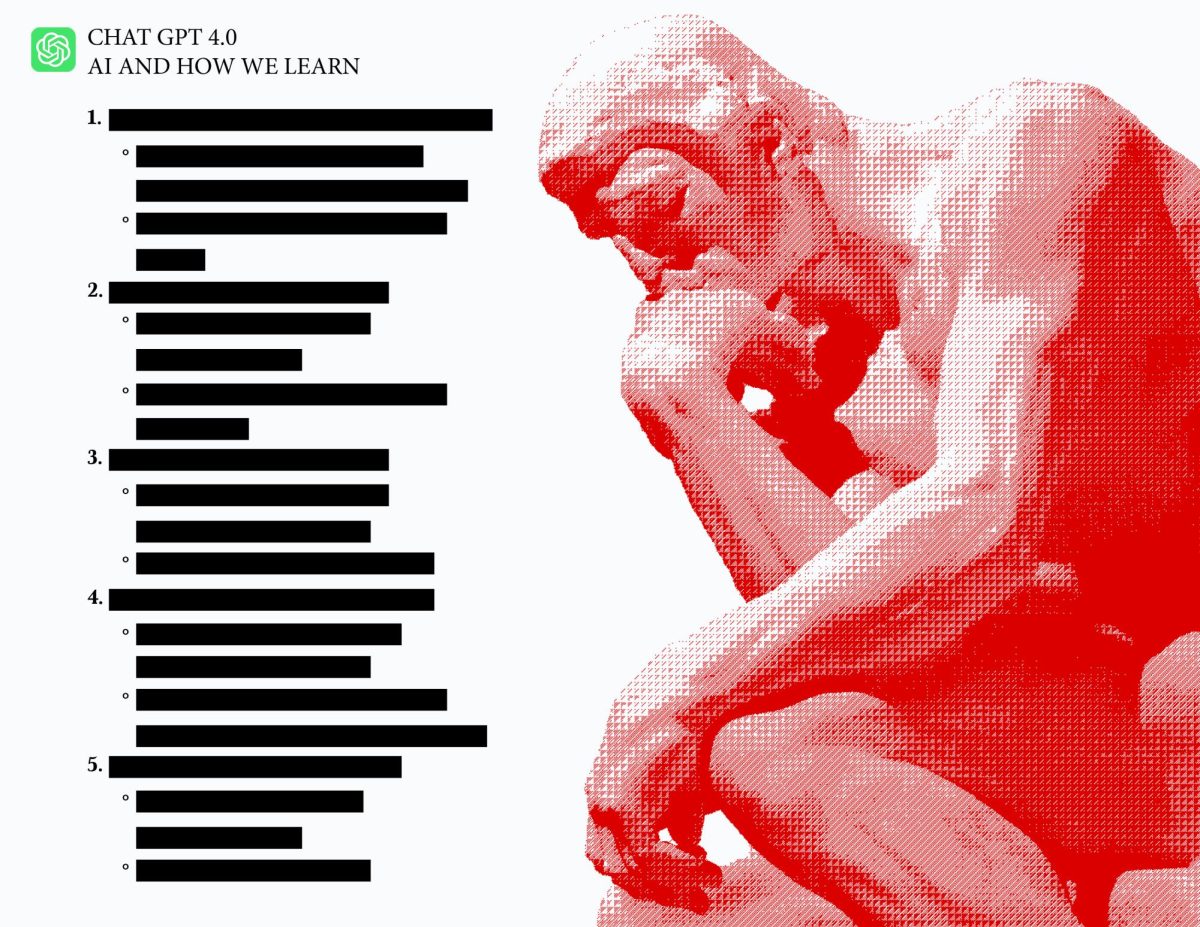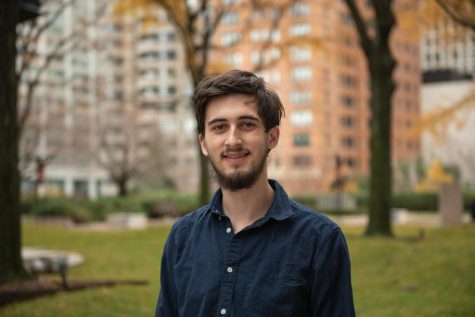The computer program Chat Generative Pre-trained Transformer (ChatGPT) has captivated the world with its ability to perform human tasks. What people have not considered is that the integrity of school environments and the workplace is compromised when artificial intelligence (AI) is introduced in these settings.
Advancements made by OpenAI, an AI research and deployment company, developed software to complete human tasks such as planning a vacation or creating a lesson plan. AI software isn’t inherently unethical, but it can be used to undermine and threaten the learning process.
In the educational atmosphere, many students have been caught using AI to write their papers or answer homework questions for their assignments. Although teachers and professors have been able to spot some students in their attempts to shortcut their way through these assignments, many have realized that detectors quickly become outdated since ChatGPT technology is constantly upgrading itself.
What is commonly neglected is the inaccuracy of ChatGPT to research and accurately cite sources. According to an article from Duke University Libraries, it is noted that “One such limitation is that it (AI) has been known to fabricate or ‘hallucinate’ citations. These citations may sound legitimate and scholarly, but they are not real.”
Work produced by ChatGPT should be scrutinized not only from an ethical standpoint but also for fear of submitting inaccurate information. It then holds true that, when analyzing the pros and cons of using AI, the negatives outweigh the positives: You may save time, but your school’s integrity is jeopardized and the art of genuinely learning is lost.
As for the workplace, college students can understand that both job and internship applications can be overwhelming. The process often falls under a chaotic time of the year when classes have begun and students are still slowly getting into the swing of things — I know I often feel overloaded trying to fulfill extracurriculars, complete volunteering hours, schedule advisor meetings and keep up with a heavy course load.
I have noticed for both myself and other students that it becomes hard to find time to finish all those applications. As a result, I have observed a trend of students choosing to catch up on a few hours of sleep by letting ChatGPT write their cover letters for the last few internship applications still sitting over their heads.
If the reliance on ChatGPT continues, more students and prospective employees may begin to use the generative AI computer program to write all of their cover letters. In that case, all they would need to do is modify the original output of a cover letter to fit with the next job description — however, that still does not guarantee employment.
Companies and school faculties have begun using programs such as GPTZero, an app that detects AI written work. Even though the AI software continues to advance, work produced by ChatGPT can still be detected by GPTZero.
Suppose an employer discovered a cover letter to be written by ChatGPT. In that case, the application will likely be invalid, leaving the applicant spending the entire summer on the couch with no job or internship and a diminished reputation in the eyes of potential employers.
These examples do not mean that ChatGPT cannot be ethically incorporated into the work and school environment to benefit students, employees and interns with the approval of their respective superiors. In schools, AI can be used to help supplement the teaching process but can never fully replace the teaching process.
Bernard Marr, a technology advisor, wrote in Forbes magazine that “ChatGPT is being used to create intelligent tutoring systems capable of providing personalized assistance to students.”
With the amount of detail it can generate, Marr claimed that ChatGPT would be a great source of tutoring, allowing students to instantly receive help and have difficult concepts explained to them. This was beneficial as it could save parents time and money on tutoring sessions while also helping older students schedule more extracurriculars into their schedules.
Generative AI has the capability to leave a beneficial and distinguished footprint in both the classroom and the workplace. It is essential that, as a community, we support efforts to monitor AI usage and establish standards that will allow us to capitalize on its skills both carefully and ethically in the school environment and the workplace.


